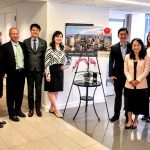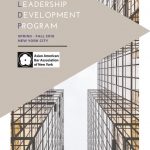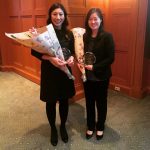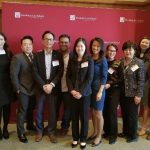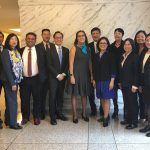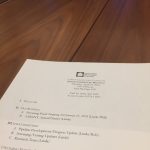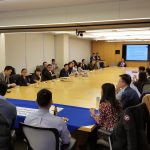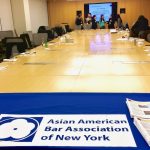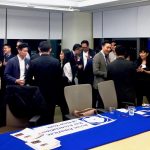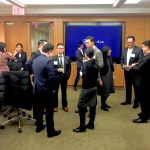AABANY APA Heritage Month Events
In celebration of APA Heritage Month, AABANY is presenting or co-sponsoring several events this month, and we hope to see you at one or more of them. Follow the links for more details. Note the registration deadlines, where applicable.
Monday, May 7
AABANY Presents: Being Out and API at Work, an APA Heritage Month Roundtable Discussion
6:30-8:30PM, Proskauer Rose LLP, 11 Times Sq, New York 10036
REGISTRATION DEADLINE: May 5
http://www.aabany.org/events/event_details.asp?legacy=1&id=1099099
Tuesday, May 15
AABANY co-sponsors: Here to Stay: The Asian-American Immigrant Experience
6:30-8:00 pm, Asia Society, 725 Park Avenue, New York, New York 10021
TICKETS ON SALE NOW with discount code for AABANY
http://www.aabany.org/events/event_details.asp?legacy=1&id=1097879
Thursday, May 17
AABANY Presents: In Celebration of APA Heritage Month – A General Counsel Panel and Reception
6-8:30 pm, Arnold & Porter, 250 W 55th St, New York, New York 10019
REGISTRATION DEADLINE: May 14
http://www.aabany.org/events/event_details.asp?legacy=1&id=1079512
Sunday, May 20
Join AABANY at the 39th Annual Asian Pacific Islander Heritage Celebration
11:00 am – 4:00 pm, Mott St., from Canal to Chatham Square, New York, NY
http://www.aabany.org/events/event_details.asp?legacy=1&id=1099561
Tuesday, May 22
AABANY co-sponsors: An Evening of Celebration of Asian Americans in Public Service
6-8:30 pm, Venable LLP, 1270 Avenue of the Americas, 24th Floor, New York, NY
REGISTRATION DEADLINE: May 18
http://www.aabany.org/events/event_details.asp?legacy=1&id=1100000
Tuesday, May 22
AABANY Co-sponsors: Special Advance Screening of “The Chinese Exclusion Act”
6:30-9:30 pm, NYU Skirball Center, 566 LaGuardia Place, New York, NY 10012
REGISTRATION DEADLINE: May 17
http://www.aabany.org/events/event_details.asp?legacy=1&id=1108729
Thursday, May 31
AABANY Presents: The 2018 Judges’ Reception
6:00 – 8:00 pm, United States Court of Appeals for the Second Circuit, Courtroom 504,
40 Foley Square, New York, NY 10007
REGISTRATION DEADLINE: May 23
http://www.aabany.org/events/event_details.asp?legacy=1&id=1099497
AABANY Fall Conference: Program Submission Form
AABANY Fall Conference: Program Submission Form
The Fall Conference is taking place on Saturday, September 22, at Fordham Law School. We will be taking program submissions this year via Google Form, which you can see by clicking on the hyperlink under the words “Google Form” or in the title of this post. We invite submissions from AABANY Committees, AABANY members, and our sister bar associations.
The basic items that the form calls for are:
- Program Title and Description and how it aligns with AABANY’s 2018 theme “Serving Our Community, Advancing Our Profession”
- CLE or not and CLE category (AABANY is an accredited CLE provider)
- Speaker names and moderator name
- Sponsor names, if any
The deadline to submit the form is May 31, 2018.
With regard to speaker names, moderator names and potential sponsors, you can submit names even if they are not yet confirmed, but we will follow up with you after the May 31 submission deadline to lock down those details.
If you have any questions, please send them to main@aabany.org
We hope to see you at our Ninth Annual Fall Conference on September 22.


